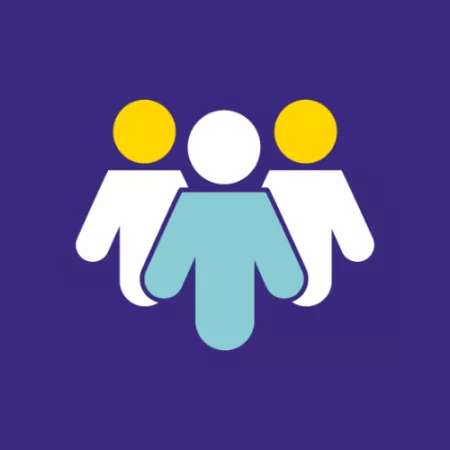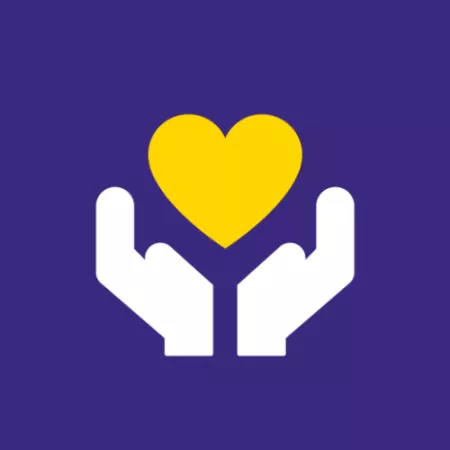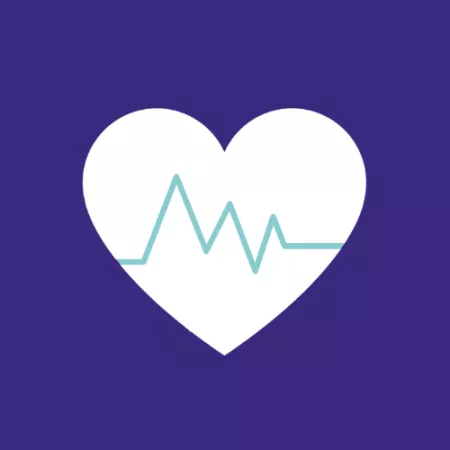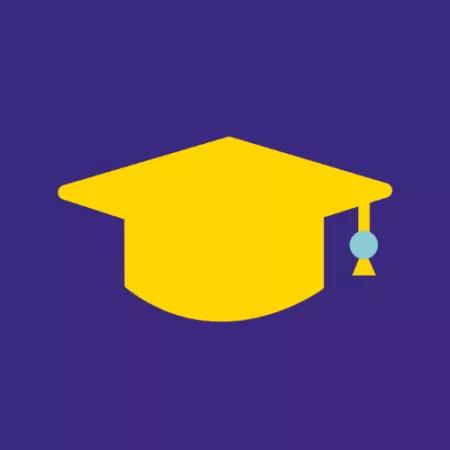As your child gets older they’ll move from children’s healthcare services to adult epilepsy health services. This usually happens between the ages of 16 and 18.
Find out here when this happens, how things will change and how to prepare your child for the move.
What is transition?
In healthcare, ‘transition’ refers to the process of planning, preparing and moving from paediatric (children’s) healthcare services to adult healthcare services.
In some areas, your child may be referred to an adolescent transition clinic, but this doesn’t always happen.
Adolescent transition clinics allow the transition to be a more gradual process involving staff from both children’s and adult services.
When does transition happen?
When exactly the move to adult services happens depends on your child, their needs and the services in your area. But it usually happens between 16 and 18 years of age.
How can I help prepare my child for transition?
Although transition may not happen until your child is 16–18, healthcare teams should start planning a lot earlier – around the age of 13.
The better the planning, the more successful the transition will be. Because the more your child knows about managing their epilepsy, the easier transition will be for them.
In the run-up to their transition there are ways you can help them prepare for the move to adult services:
- Leave them on their own for part of clinic appointments with their doctor or epilepsy specialist nurse
- Encourage them to make appointments for themselves
- Check that they know when, and how, to seek advice and urgent medical treatment if they need it
- Suggest they write down any questions for their doctor or epilepsy specialist nurse that occur to them between appointments
- Make sure they’re fully aware of the importance of taking anti-seizure medications as prescribed, and what could happen if they stop taking it suddenly without medical advice
- Allow them to manage their own medication, under supervision
- Make sure they know about and record the side effects of the anti-seizure medication they’re taking to share with their healthcare team
- Show them how to follow treatment plans and get repeat prescriptions
- Encourage your child to keep an up-to-date seizure diary, as this will provide key information for doctors when your child is in transition from children’s to adult health services. They could use an app or make a note on their phone calendar
Find out more about anti-seizure medications.
How does the transition take place?
Around the time of transition, there will be a complete review of your child’s epilepsy diagnosis and treatment.
The various healthcare professionals involved in your child’s care should involve your child in planning for, and making decisions about, their transition to adult services. They should also involve parents and carers.
They should make sure that the transition is tailored to suit your child’s specific needs.
All information provided should be in accessible formats and language that’s easy to understand.
Information should be repeated at different times to make sure your child understands their care plan and the support they’ll be getting.
If your child has other or complex health and social care needs, the planning for transition should start early. This includes young people whose seizures are not yet controlled or who have a learning disability.
Discussion about transition to adult epilepsy services with you and your child should cover any areas of concern, including:
- Everyday activities, including driving and sports
- The need to take anti-seizure medications as prescribed
- Co-occurring conditions with epilepsy that might affect mood or memory
- Continuing in education or work
- Emotional health and psychological wellbeing
- Living on their own
- The possible effects of epilepsy and anti-seizure medications on:
- Neurodevelopment – how the brain develops in terms of intellect, reading ability, social skills, memory, attention and focus
- Cognition – the mental processes involved in learning and reasoning
- Behaviour
- The risks associated with alcohol and illegal drugs
- Safety and risk, including sudden unexpected death in epilepsy (SUDEP)
- Reproductive health, including contraception, pregnancy and risks to the baby in the womb
- Sleep disturbance
- Social aspects of epilepsy, including when or if your child should tell other people they have epilepsy, and dealing with other people’s reactions, including assumptions that their epilepsy should in any way limit them in life
- The stigma of epilepsy
How are adult health services different from children’s services?
Children’s health services often deal with a number of issues your child has, not just their epilepsy.
However, in adult services, the epilepsy clinic will deal only with your child’s epilepsy. For issues other than their epilepsy, your child will be referred to other specialists.
Although you may still attend clinic appointments with your child if that’s their wish, your child will be making decisions about the medical issues affecting them.






